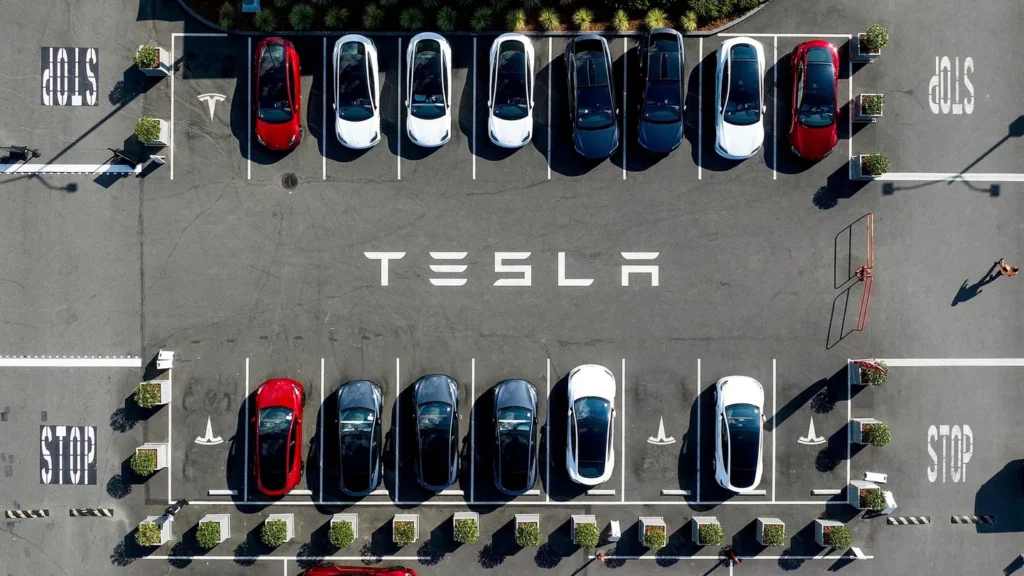TOPLINE Tesla is recalling nearly 200,000 vehicles in the U.S. due to a software issue that may prevent the rearview camera from displaying—less than two months after it recalled more than 2 million vehicles for an autopilot issue.
KEY FACTS
A National Highway Traffic Safety Administration notice states that the recall affects 199,575 2023 Teslas, including Model S, X, and Y—with the company estimating that 100% of the listed vehicles have the defect. Those affected will experience a blank display when entering reverse—the absence of a rearview camera display may impact the driver’s visibility when reversing and “increase the risk of a collision.” No deaths, injuries, or crashes associated with this issue have been reported, but Tesla has identified 81 potentially related warranty claims. The notice, dated January 24, reveals that Tesla has released a free over-the-air software update—which updates the vehicle wirelessly—with notification letters expected to be mailed on March 22. Tesla did not immediately respond to Forbes’ request for comment.
BIG NUMBER
Approximately 2.3 million: the total number of cars Tesla has recalled since December 13 over separate issues.
TANGENT
Following the release of its fourth-quarter earnings report on Wednesday, which indicated several missed estimates and potentially slow growth for 2024, Tesla’s stock plummeted around 13% on Thursday. CEO Elon Musk’s net worth also declined by more than $18 billion.
KEY BACKGROUND
Tesla issued a series of major recalls in 2023—recalling more than 360,000 cars in February and more than 2 million in separate December recalls. Most of last year’s recalls were related to the vehicles’ Autopilot feature, which has reportedly been involved in 736 crashes since 2019, according to The Washington Post. Federal investigators have scrutinized the company’s self-driving claims, leading to investigations by the Justice Department, NHTSA, and Securities and Exchange Commission. Aside from federal scrutiny, Tesla has faced numerous legal challenges, with several ongoing lawsuits. Tesla has defended the controversial feature by stating it is clearly mentioned on the company’s website and in owner’s manuals that it requires “active supervision.” The company won the first U.S. trial in October over allegations that the feature led to a fatal crash in 2019. Earlier this month, an appeals court ruled that Musk won’t have to testify in a separate wrongful death lawsuit

